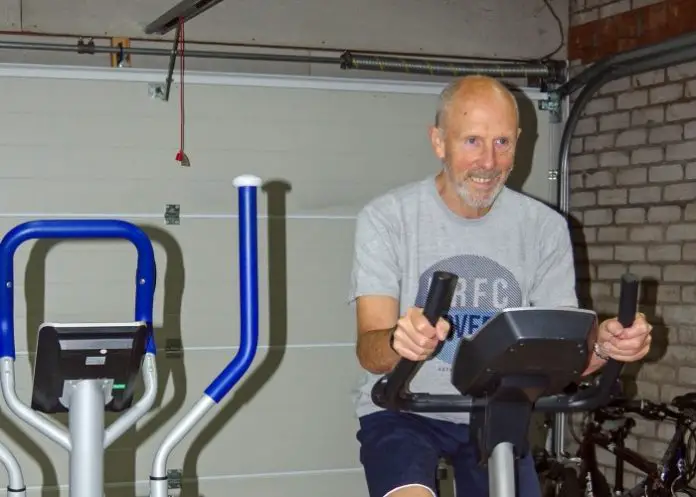A study at The University of Manchester will analyse heart patients’ activity levels through their pacemakers, to determine which people are at the highest risk of frailty and help them avoid long hospital stays.
The British Heart Foundation-funded study, supported by Medtronic, aims to help older people living with heart disease and heart failure. By identifying predictors of illness, it is hoped that doctors will be able to treat patients in the community before they become acutely ill. Older cardiac patients with frailty have high rates of long-term and often unsuccessful hospital admissions, and helping them to recover at home could relieve pressure on the NHS.
Cardiac monitoring devices, such as pacemakers and implantable cardioverter defibrillators (ICDs), can record and store data on patients’ physical activity which can be transmitted via a Bluetooth connection. Many patients are able to upload this data from home.
The researchers at The University of Manchester, led by Dr Adam Greenstein, will download this data, and use it to analyse whether patients with lower levels of physical activity are more likely to be hospitalised. This may be because they have a virus or infection, or have suffered a fall. If that is the case, in the future it may be possible to intervene before a patient’s health deteriorates to the point of needing to be hospitalised, for example by sending out a community nurse.
The clinical fellowship was awarded £123,000 by the BHF and will last two years, involving 150 patients aged 60 and older, recruited from Manchester Royal Infirmary.
The University of Manchester recently received a £1million Research Accelerator Grant from the BHF to support world-leading research into heart and circulatory diseases, which kill more than one in four people in the UK.
Jim Standing, 75, from Clayton le Dale in the Ribble Valley is one of those taking part in the study. In May 2016, Jim was travelling back from Manchester with his wife from a show when he suffered a cardiac arrest. Fortunately, there was a nurse on the train who gave Jim CPR until paramedics arrived with a defibrillator.
Jim said: “I got on the train, sat down, and simply died. It was terrifying for my wife. I had always been fit and healthy, but my dad died from cardiac ischaemia at the age of 63 and that was always a shadow hanging over me.
“Following a poor prognosis I spent three weeks in Manchester Royal Infirmary and that’s when I started to realise just how lucky I had been. During this time I often wondered what my future might hold, would I be around for my wife’s mother’s 100th birthday, see my grandson graduate or be able to celebrate our golden wedding anniversary?
“I had an ICD fitted and nine months later I had a quadruple bypass. There has been a steady improvement since my bypass operation and I now feel fine. I’ve equipped my garage with a couple of exercise machines, walk most days and make sure I’m active as possible.
“I’ll be forever grateful for all the help and support I’ve received – from the people on the train who saved me, to the doctors and nurses in the NHS. I feel like I owe it to them and to my family to do my best to stay healthy and active, take part in research, and enjoy life.”







